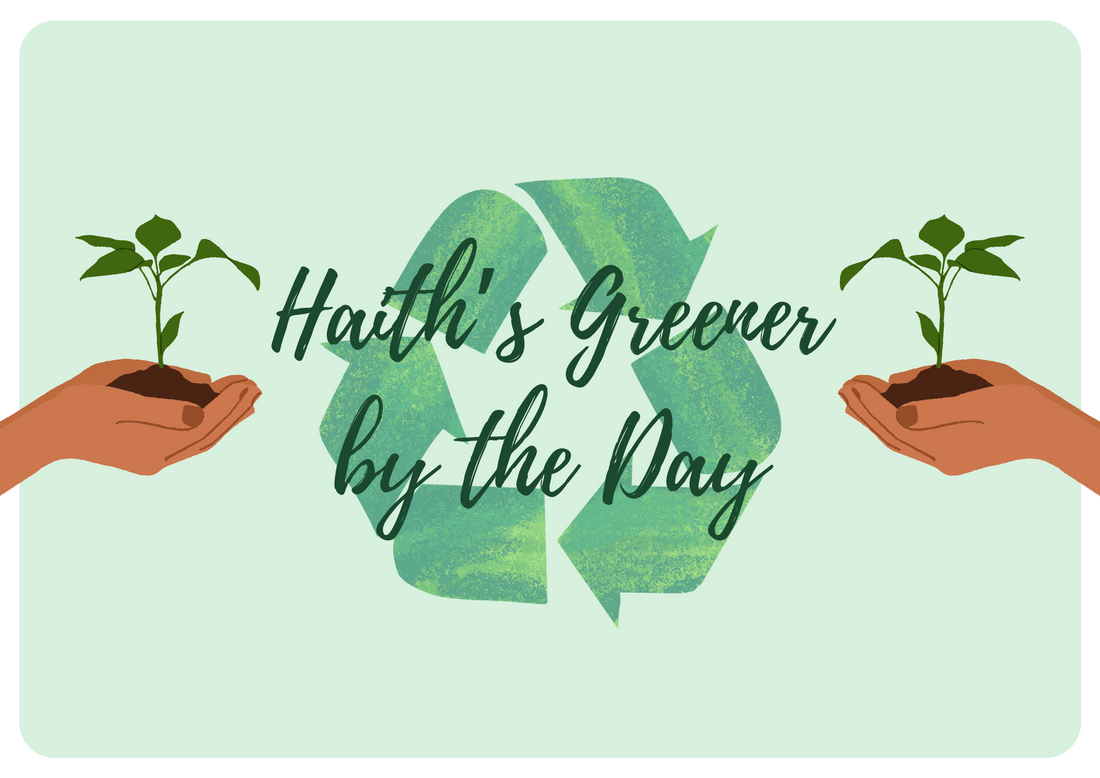Budgerigar Meeting
Haith’s hosted the Lincolnshire Budgie Society. Avian Expert, Professor John E Cooper and his wife, wildlife lawyer Margaret Cooper led the evening. This included educational talks and a Q&A session at the end.
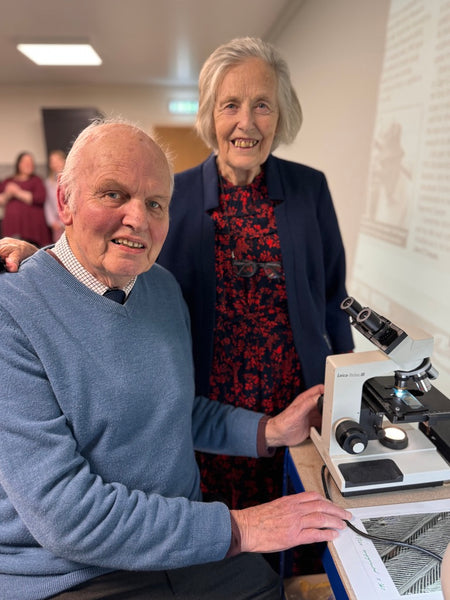
Podcast
Chris Snell, Champion Budgie Breeder and Professor John E Cooper recorded a podcast the following day, exploring the budgerigar world in depth.
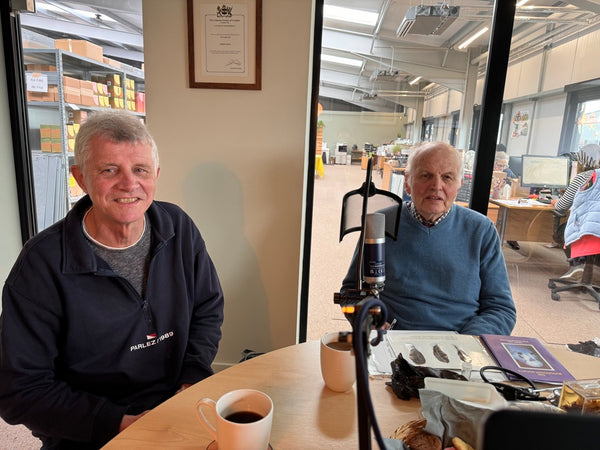
Haith’s Easter Egg Hunt
James, The Canoe River Cleaner, popped by to hold an educational session for a group of home-schooled children from the local area. He talked to them about nature, and we made them resources so they could have a fun Eater Egg Hunt around the Haith’s site
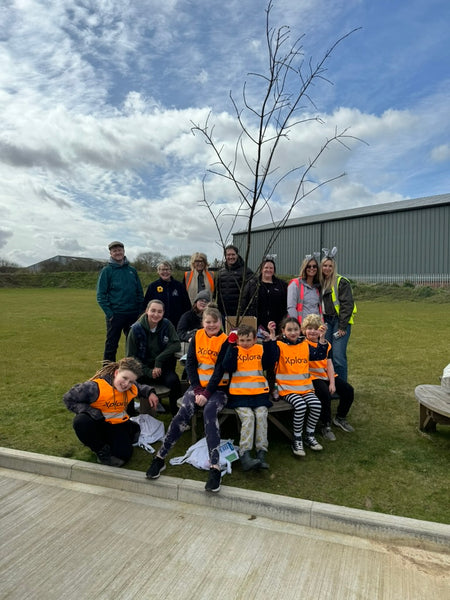
Garden Talks!
We were fortunate to be joined by Martin Woods and Alan Mason, both gardeners with a wealth of experience, who have worked on gardens owned by the Royals. They will be working on our site to create a nature haven and shared some fantastic ideas with the team.

Important Dates
Monday 1st of April – Easter Monday/April Fools’ Day National Wildlife Week: April 5-9, focuses on appreciating and conserving nature Earth Day: April 22, emphasises the protection of our planet and its natural resources.
Illegal Wildlife Trade
The illegal wildlife trade is the 4th biggest illegal trade in the world. It has devastating impacts on wildlife and the environment, many of which, you might be unaware of.
Here are some big ones:
- Causes suffering and cruelty to animals.
- Threatens the survival of endangered species.
- Disrupts precious ecosystems.
- Destroys habitats. · Contributes to deforestation.
- Introduces invasive species to different countries.
Unfortunately, whilst there is demand, this will continue to happen. Animal parts (fur, horns etc) can receive payments of tens of thousands of pounds and there is little punishment as a deterrent to those who offend.
However, there are actions we can take to try and make a difference, and these include:
- Supporting conservation charities – there are lots of charities out there doing amazing work!
- Educating yourself – read articles and statistics to help you learn about the illegal wildlife trade.
- Refraining from purchasing products made from endangered species – read https://www.worldwildlife.org/pages/buyer-beware-aguide-to-shopping-smart-to-protect-wildlife-and-plants
- Advocating for stronger laws and enforcement measures to deter and prosecute wildlife traffickers
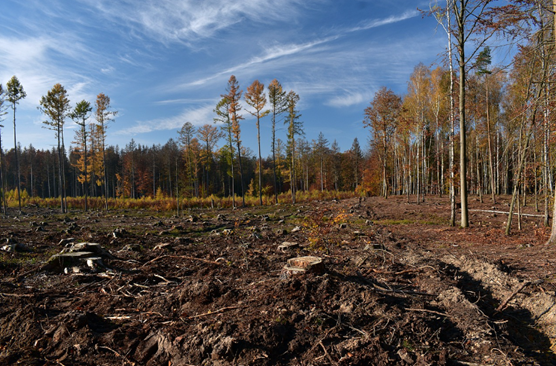
Wild Animals as Pets
Through the illegal pet trade, many animals are taken from the wild and sold to members of the public, usually at high costs. Living in unacceptable conditions and often poorly treated, these animals suffer at the price of human entertainment. Thankfully, in some cases, these animals have been rescued and freed.
A standout case is that of a lion cub, now named King, who was found in a Paris apartment. King was found in shocking conditions, half-starved and confined to a tiny, dirty cage. French animal rescue charities Fondation 30 Million d’Amis and Refuge de l’Arche rescued King and nursed him back to health.
Fortunately, through extensive funding, King was able to be released in one of Born Free’s cat sanctuaries, where he is now happy.
To learn more about King’s story, read the following article – https://www.bornfree.org.uk/king/
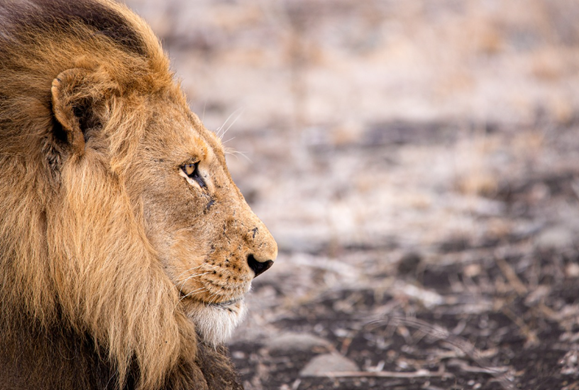
Dangerous Animals in Lincolnshire?
Shockingly, over 2,700 dangerous wild animals are licensed to be kept privately in the UK. In Lincolnshire alone, a surprising number of dangerous animals reside, including a bobcat, kinkajous, dwarf crocodiles and wolfdogs! To see the full list of species that might live right around the corner from you, have a look here: https:// www.bornfree.org.uk/dwamap/
You might be asking yourself, why? How? Charity Born Free has a useful Q&A section which might answer some of your questions, https://www.bornfree.org.uk/news/qa-dangerous-wild-animal-ownership-in-the-uk/
Until next month,
Julianne, Charlotte & Ed

